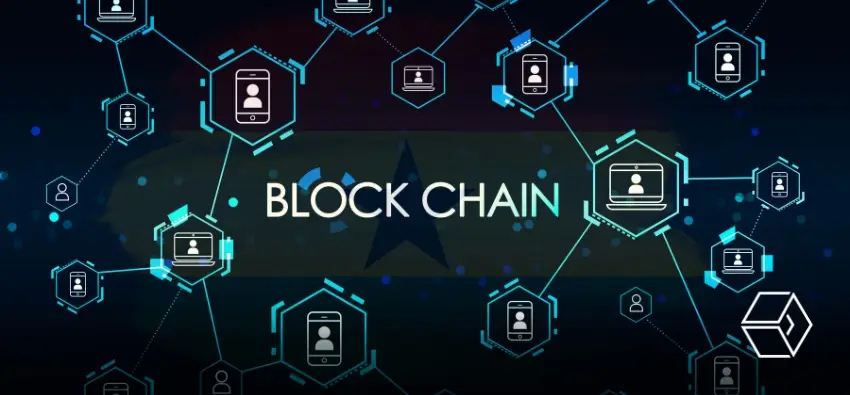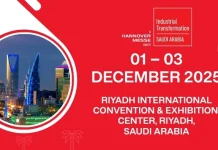
Ghana has expressed interest in utilizing Blockchain technology to curb fraud and potential manipulation within the existing governance system. The African region is likely to implement the technology across government procedures one year after securing a loan worth $3 billion from the IMF – International Monetary Fund.
This effectively builds on the previous plan of identifying and eliminating leaks in several sectors, including, but not limited to, gold and minerals, petroleum bunkering, and warehousing. It will further enable Ghana to boost a transparent and tamper-proof record-keeping mechanism.
Mahamudu, the Vice President of Ghana, said that the idea behind implementing Blockchain was to ensure their data and transactions were tamper-proof and transparent. He said this while attending the Commonwealth Regional Conference and Annual General Meeting of Heads of Anti-Corruption Agencies in Africa. The previous plan, which is acting as a foundational ground for the latest initiative, pertains to Revenue Assurance and compliance Enforcement.
Ghana is essentially looking to leverage capabilities like immutability and decentralization. This would serve benefits like improved tax compliance, reduction in fraud, and efficient usage of public funds, strengthening governance and public trust in government systems.
Arthur Augustus has said that the implementation of Blockchain technology entails the creation of a system that is transparent, efficient, and secure – helping them to manage and track the expenses and revenues of the department. Arthur hails from the post of Senior Software Engineer at Lagos-based fintech vendor Parthian Partners Limited. Arthur has also shed light on utilizing the capabilities of smart contracts in managing government procurement processes.
Augustus has expressed his confidence in making the best of smart contracts to track the supply chain of goods and services the government procures.
Automated contracts could further help ensure that all parties are acting fairly and that only the suitable vendor is being rewarded for the task. Augustus has also warned the government that they must prepare for downsides as well. This includes environmental effects, privacy issues, and resistance to change. Ghana, therefore, must prepare to have a robust legal framework with sufficient investment in technical expertise to ensure that the transition to Blockchain technology is seamless, sustainable, and inclusive.
This comes when Ghana has slight opposition to Jio launching an affordable plan. It is alleged that the government is engaging in a sweetheart deal, adding that it could have generated $400 million to $500 million had they opted for a formal bidding process. The objective is to have a 5G infrastructure with affordable plans for citizens. However, opposition like this needs to be improved.
While a detailed report is awaited, it is only safe to assume that Ghana is indeed looking to have transparent governance in place—in line with everyone’s sentiments—so that there is no resistance across the region.
 Congressional Crypto Caucus Formed to Shape Future of Digital Assets
Congressional Crypto Caucus Formed to Shape Future of Digital Assets David Sacks Denies Claims of Large Indirect Holdings in Bitwise ETF
David Sacks Denies Claims of Large Indirect Holdings in Bitwise ETF house-of-democrats
house-of-democrats Finnovex South Africa 2025
Finnovex South Africa 2025 10th Annual SBWA plus Summit 2025
10th Annual SBWA plus Summit 2025 Fintech Innovation at Wiki Finance Expo Dubai 2025
Fintech Innovation at Wiki Finance Expo Dubai 2025 Riyadh Host Industrial Transformation 2025 Expo
Riyadh Host Industrial Transformation 2025 Expo Money Expo India 2025 Showcases Indias Finance Future
Money Expo India 2025 Showcases Indias Finance Future Fintech Revolution Summit 2025
Fintech Revolution Summit 2025 SPiCE Middle East Debuts in Egypt May 2026
SPiCE Middle East Debuts in Egypt May 2026 iGaming MarTech Amsterdam 2025
iGaming MarTech Amsterdam 2025 Blockchain Life Forum in Dubai 2025
Blockchain Life Forum in Dubai 2025 Affiliate Leaders Awards Debut SBC Lisbon
Affiliate Leaders Awards Debut SBC Lisbon